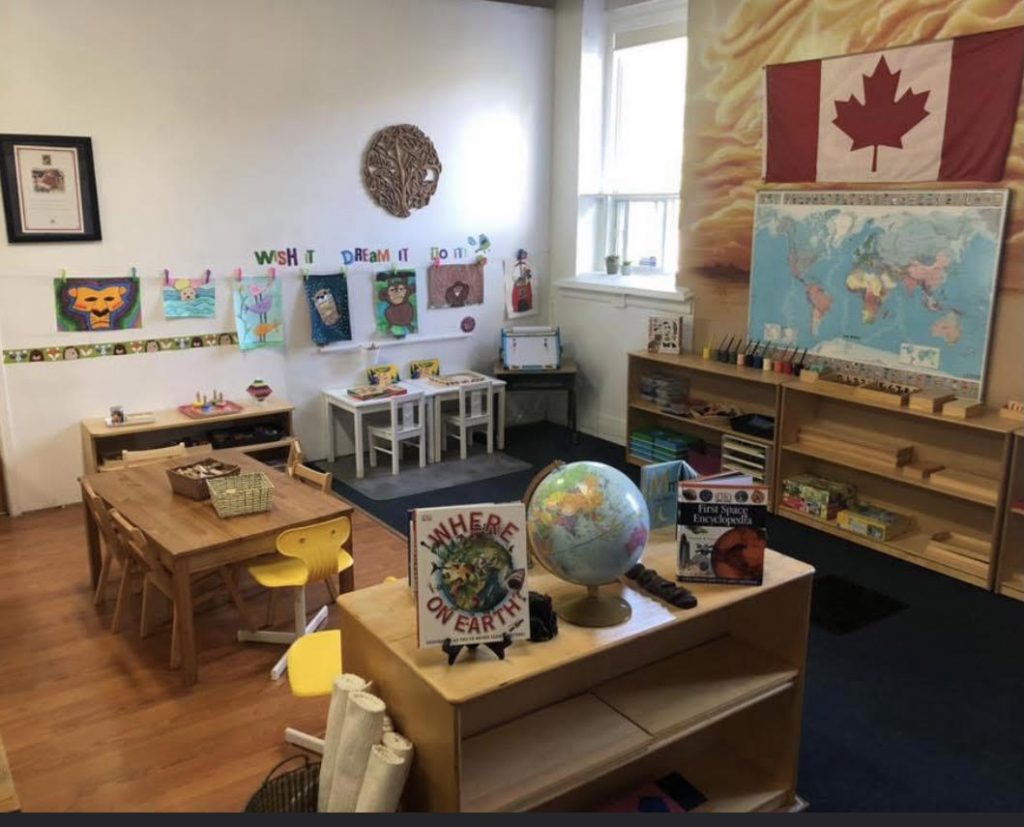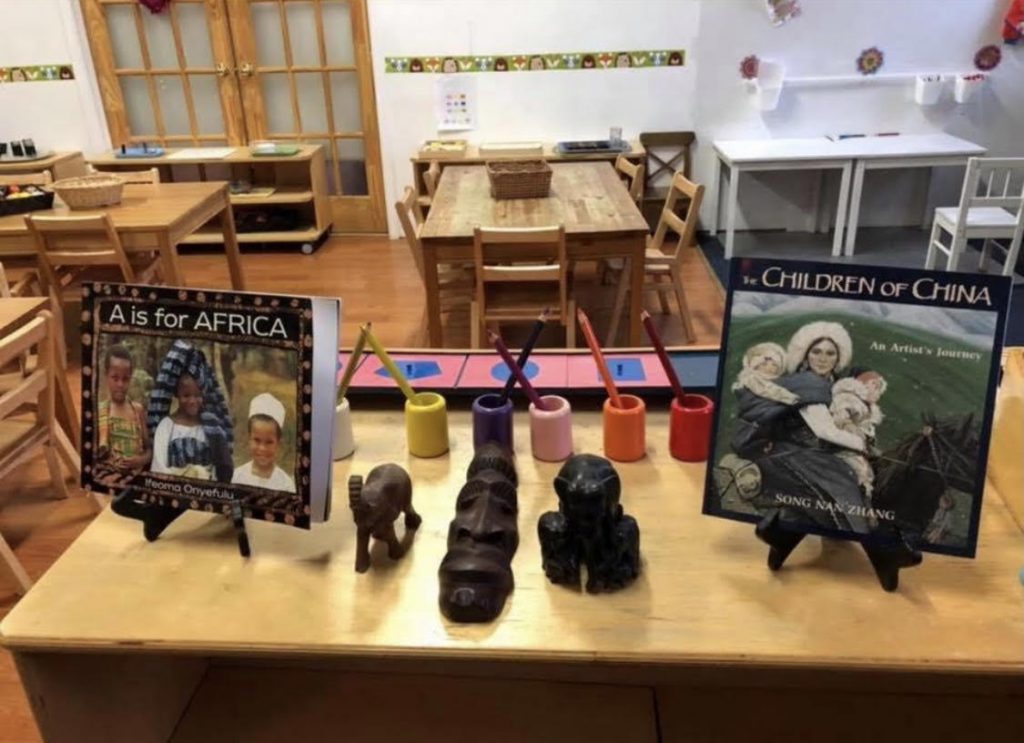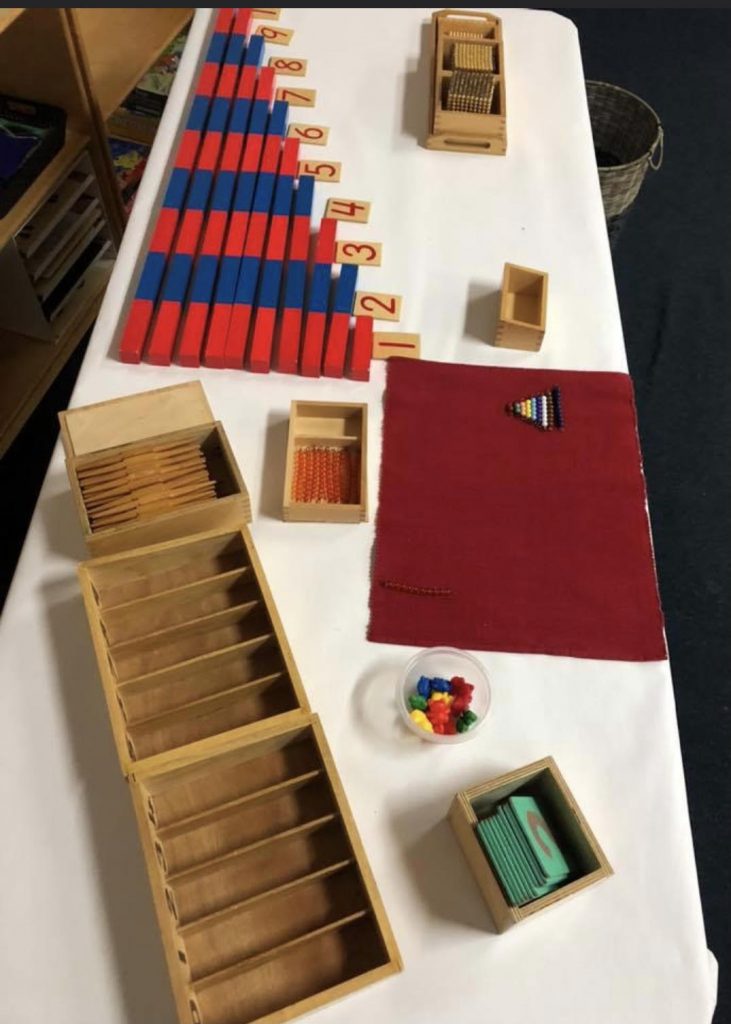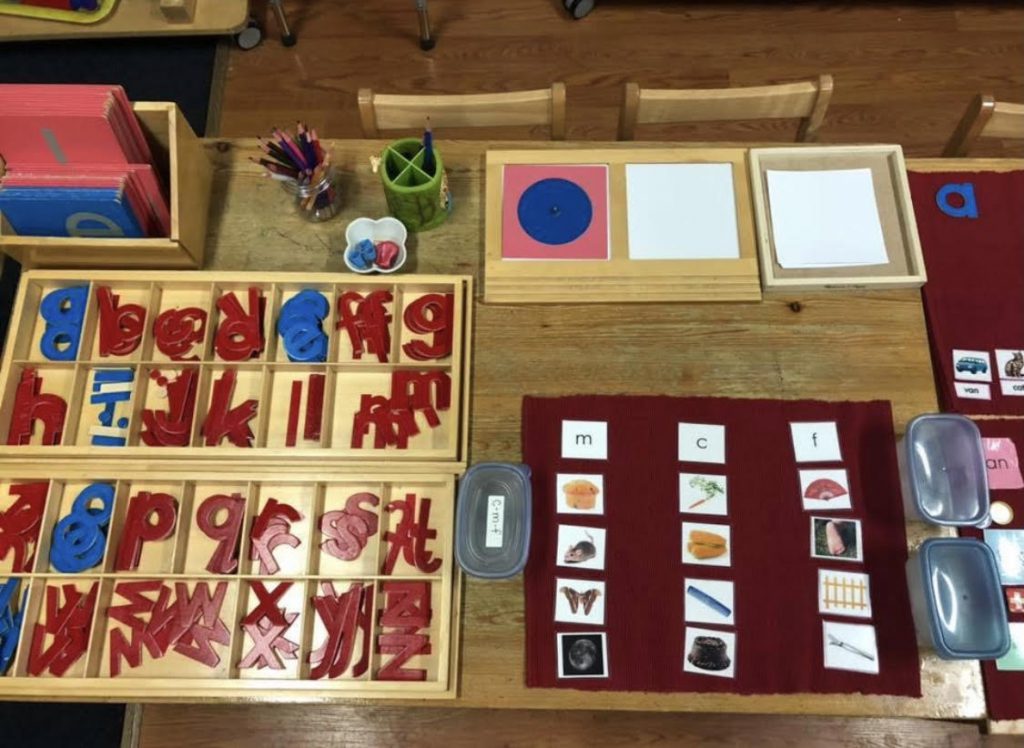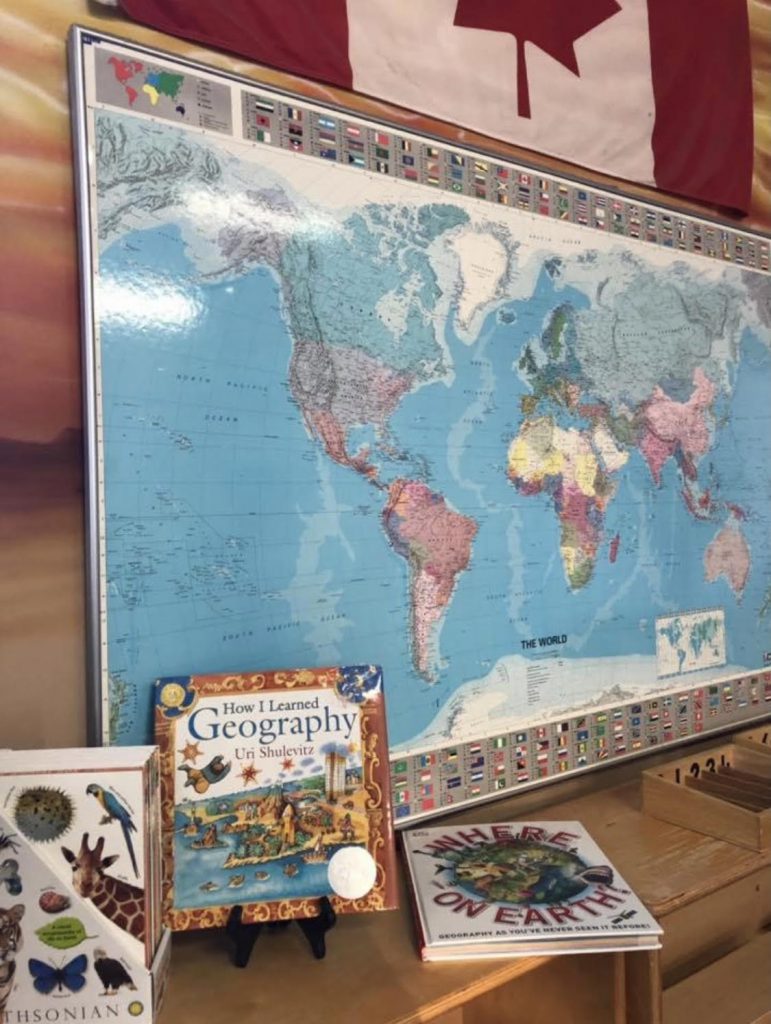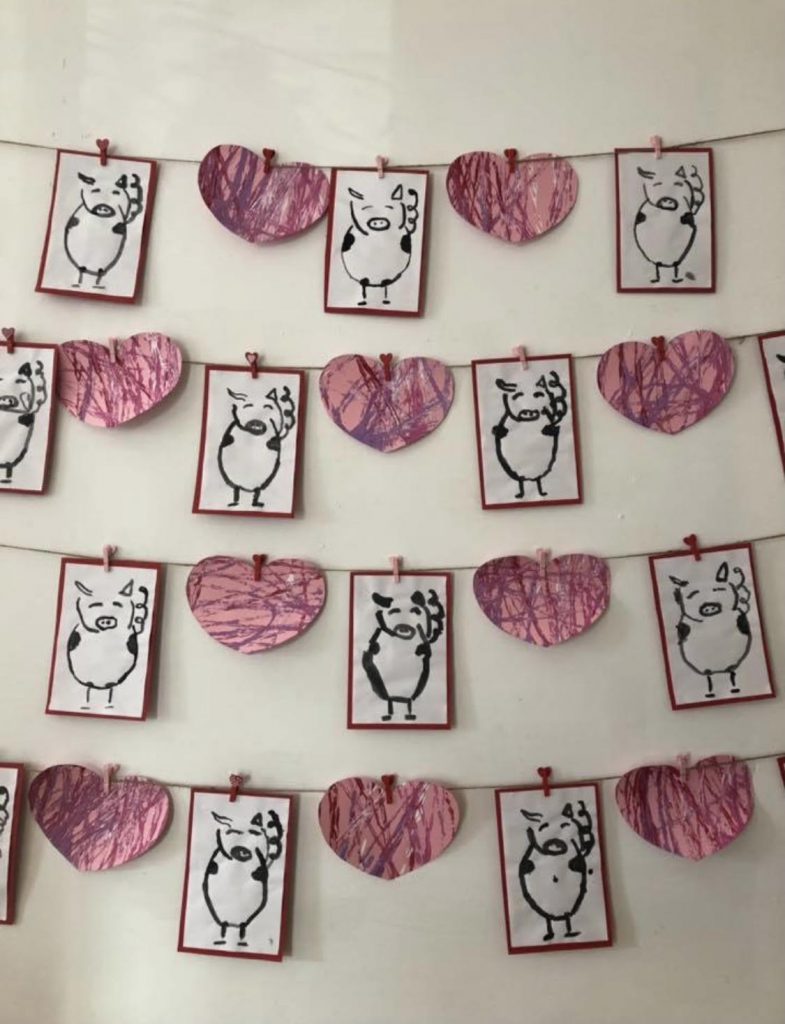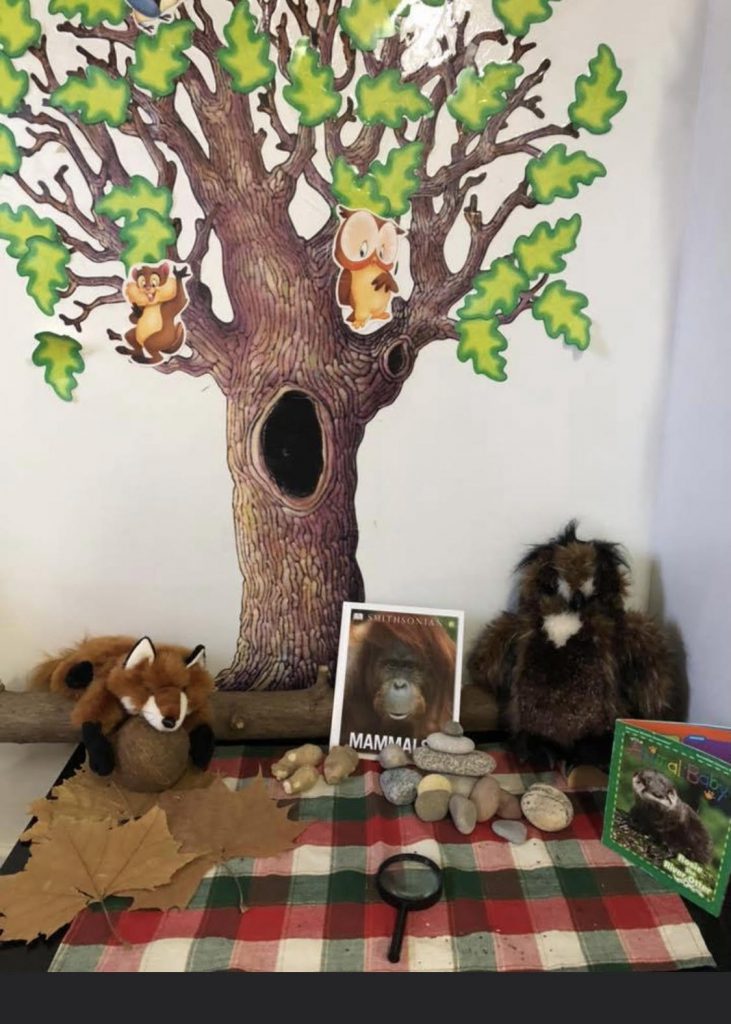CASA Focus/Curriculum
The Montessori philosophy and focus:
Practical Life
Children learn to care for themselves and their environment, building fine motor skills, practicing communication skills and gaining confidence and competence in daily life skills. Lacing shoes, serving snacks and pouring are just a few examples.
Sensorial/Perceptual
Specific materials assist children in developing their five senses. Sense impressions help children to perceive differences in size, weight, shape, temperature, sound and colour. Shapes, cylinders and metal insets are an example of tools used in building a child’s understanding.
Mathematics
Number concepts, money, time, and weights and measures are all explored by students through a variety of carefully developed materials. Beads, number cards and spindle box are some of the materials used to help children understand math concepts.
Language Arts
Phonics materials lead children through a natural progression of writing and reading skills, which build upon one another. Children learn the rules of phonics and grammar using tools such as the movable alphabet, sand paper letters and sound boxes.
Culture
Various materials and projects contribute to a child’s understanding of culture, customs and geography. Stories, puzzle maps and pictures are some of the ways in which children learn about the world and universe in which they live.
Science
Plants, mammals, birds and many other natural phenomena are things about which kids have a natural curiosity. Kids like to be able to identify by name many of the things they see daily and understand how and why things work the way they do. Field trips, pictures, calendars, and video-tapes are just some of the methods used to enhance this part of the curriculum.
Fine Arts
Children are exposed to art and artists, books and their authors, instruments and musical composition. Capitalizing on their natural attraction to music, colour and to art, related projects are easy to create and kids benefit from this early cultural start.
